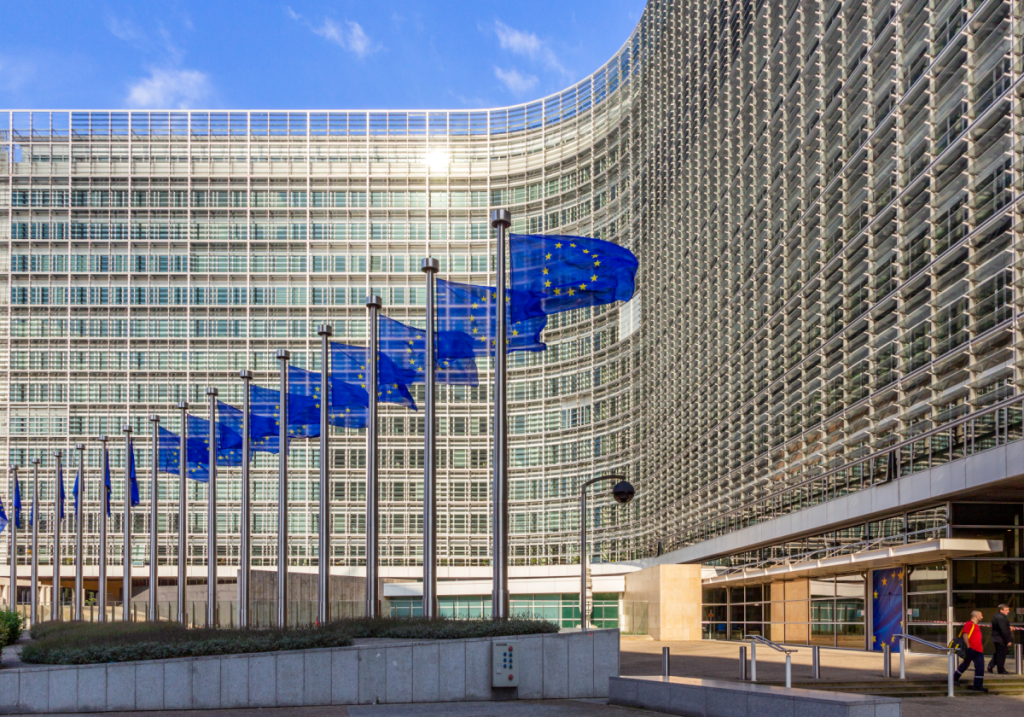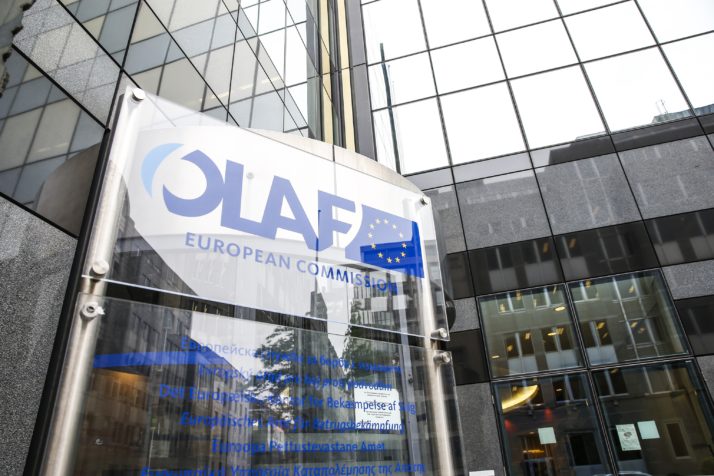OLAF, the EU’s anti-fraud agency, this week confirmed an unnamed Greek scientist defrauded the European Research Council (ERC) of roughly €190,000.
“A complex fraud involving a Greek scientist and her network of international researchers has been uncovered by investigators,” OLAF said.
The case involves a grant of €1.1 million from the ERC to an unnamed Greek university. The money was intended to finance a research project run by a young female scientist, whose father was employed at the university, and was said to involve a network of more than 40 researchers from around the world.
The fraud team became suspicious when it discovered how the international researchers involved in the research project were being paid.
“Cheques were issued in the name of individual researchers but were then deposited into bank accounts with multiple beneficiaries. Suspicions increased when it emerged that the cheques were personally deposited into the bank accounts by the lead scientist,” OLAF’s report says.

An on-the-spot check at the university followed. Evidence was found to suggest that the lead scientist had set up bank accounts used to pay the international researchers, while making herself a co-beneficiary of the accounts in order to gain access to the money.
The EU fraud team followed the financial trail and was able to prove that large sums were either withdrawn in cash by the scientist or were transferred into her private account.
OLAF contacted a number of the researchers who were said to be involved in the research project. None of them were aware that their name was linked to the project or had any knowledge of the bank accounts opened in their names, or of any payments made into them.

“The sheer size and scope of the network of researchers allegedly involved in this project posed a real challenge to OLAF’s investigators. Their ability to access and verify accounts set up to allegedly pay researchers from across the world was a vital element in getting to the bottom of this attempt to defraud the EU budget,” the office said.
Since 2010, the ERC has referred less than 100 cases of suspected fraud or irregularities to OLAF. This is the first case to be judged as fraud by OLAF, the ERC confirmed.
The ERC’s executive agency is now working to recover an amount of around €190,000. OLAF has also recommended that Greek authorities initiate judicial proceedings against the persons involved.
OLAF has refused to name the scientist, the university involved or the year the grant was issued.
Sourced By: Science Business
